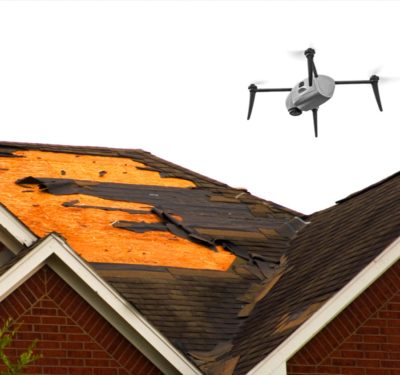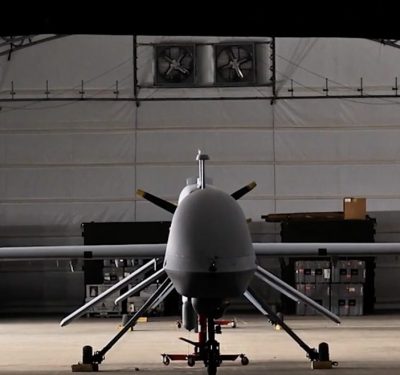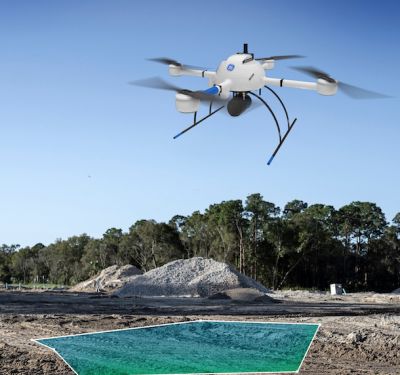
Wikimedia Commons
The U.S. Army is reexamining its decision to stop using DJI drones, components and software after the leak of an internal memo from the Army’s Deputy Chief of Staff captured international attention.
An Army spokesman confirmed the authenticity of the Aug. 2 memo, which directed all personnel to halt the use of all DJI products due to “increased awareness of cyber vulnerabilities associated with DJI products.”
“The Army is taking a look at the policy,” the spokesman said Thursday.
China-based DJI, one of the largest suppliers of unmanned aircraft systems (UAS) in the world, said it plans to work with the U.S. military to address any concerns.
“We are surprised and disappointed to read reports of the U.S. Army’s unprompted restriction on DJI drones as we were not consulted during its decision,” Dajiang Innovations Science and Technology Co. (DJI) said in a statement sent to China’s Global Times on Monday. “We are happy to work directly with any organization, including the U.S. Army, that has concerns about our management of cyber issues.”
“We’ll be reaching out to the U.S. Army to confirm the memo and to understand what is specifically meant by ‘cyber vulnerabilities’,” the firm said. DJI did not respond by press time to a request for additional information.
In published reports this weThe memo went on to state: “Due to increased awareness of cyber vulnerabilities associated with DJI products, it is directed that the U.S. Army halt use of all DJI products. This guidance applies to all DJI UAS and any system that employs DJI electrical components or software including, but not limited to, flight computers, cameras, radios, batteries, speed controllers, GPS units, handheld control stations, or devices with DJI software applications installed.”ek, DJI stressed that it has no cooperation with the military of any country.
Former Air Force intelligence chief and current CEO of ISR Ideas, retired Major General Jim Poss, said there are always policy concerns to consider whenever you’re dealing with foreign systems and the ever-present risk of cyber vulnerabilities with “hostile foreign powers.”
We’ll be reaching out to the U.S. Army to confirm the memo and to understand what is specifically meant by ‘cyber vulnerabilities’,” the firm said. DJI did not respond by press time to a request for additional information.
According to the Army memorandum, DJI Unmanned Aircraft Systems (UAS) products “are the most widely used non-program of record commercial off-the-shelf UAS employed by the Army.”
That Army document also states the Army Aviation Engineering Directorate has “issued over 300 separate Airworthiness Releases for DJI products in support of multiple organizations with a variety of mission sets.”
Poss, a columnist for Inside Unmanned Systems, recently wrote about the importance of drone security in an article, “Expert Commentary: The Dark Side of Detect and Avoid”.
Though the Army’s specific concerns about using DJI products remain unknown, the decision to restrict the use of the Chinese manufacturer’s products is reminiscent of mounting international suspicion over the use of technology developed abroad and, as Poss made clear, there are a variety of known cyber techniques that may be of particular concern to the Army.
“Don’t forget – our country is in a cyber war daily with hostile foreign powers. Sometimes it’s obvious what they’re doing and who’s behind it – like North Korea’s attack on Sony. Most of the time it’s not; integrated circuits are doctored during manufacturing to transmit data covertly, software has built-in backdoors for hostile intelligence, innocent cloud data plans secretly give data to foreign governments. Any or all of these widely known cyber techniques could have concerned the Army,” said Poss.






